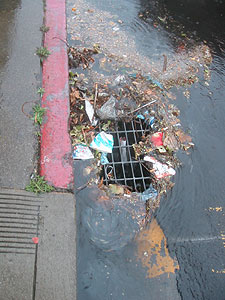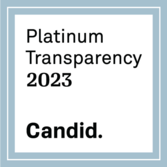Do you know what you're swimming in?

When it rains, please be aware that stormwater can affect water quality and present health risks in localized areas.
Ocean waters generally test cleaner than inland ponds and streams, but always check conditions before you swim anywhere!
What can you do?
- Avoid swimming within 200 feet of a stormwater outfall (don't know where those are? Call our office and we'll help you find out). Heavy rains following dry spells tend to be absorbed less by the ground and can wash pollution that has accumulated on yards or streets into storm drains and then into streams, rivers or ocean waters.
- If you have any cuts or open sores, avoid swimming until they have healed.
- Check out njbeaches.org for beach testing results and more information.
- See COA’s ten tip lists and support efforts to repair and maintain sewage and stormwater pipes and facilities.
If it rains heavily in the NY/NJ metropolitan area, combined sewer overflows may release sewage & street debris into the waterways which could present additional health risks in the Bayshore region and the northern NJ shore depending on wind direction, tides, and currents.
If you've been sick after a day at the beach, or you want to learn more about how to help, check out the Surfrider Foundation website on reported illnesses from beach and swimming exposure.
If you observe any unusual conditions such as large numbers of dead fish floating in a waterway, oil spills, or any waste being dumped or washing up on a beach, contact the appropriate agency immediately.
Coastal Water Quality
"Coastal water quality" refers to physical, chemical, and biological characteristics of water, such as temperature, salinity, clarity, pollution concentrations, etc. Water quality is influenced by natural processes as well as point source and non-point source pollution. Point sources include wastewater facilities and industrial dischargers to the water. Non-point sources include many sources including pollutants picked up by wind or stormwater runoff and transported to the coast as well as air pollution from power plants, factories and cars that become deposited on land or in the ocean.
COA works on a variety of issues to bring attention to pollution problems and to reduce pollution sources and protect our coastal and ocean waters, including:
- supporting state and federal legislative efforts to improve water quality related laws and regulations and opposes and tries to stop damaging bills,
- reviewing government regulations and policies and makes suggestions for improving rules and policies that affect the environment,
review applications for dredging and coastal and offshore energy projects, and - working at the local level with local organizations, citizens, towns, and government programs to resolve watershed-specific coastal issues.

